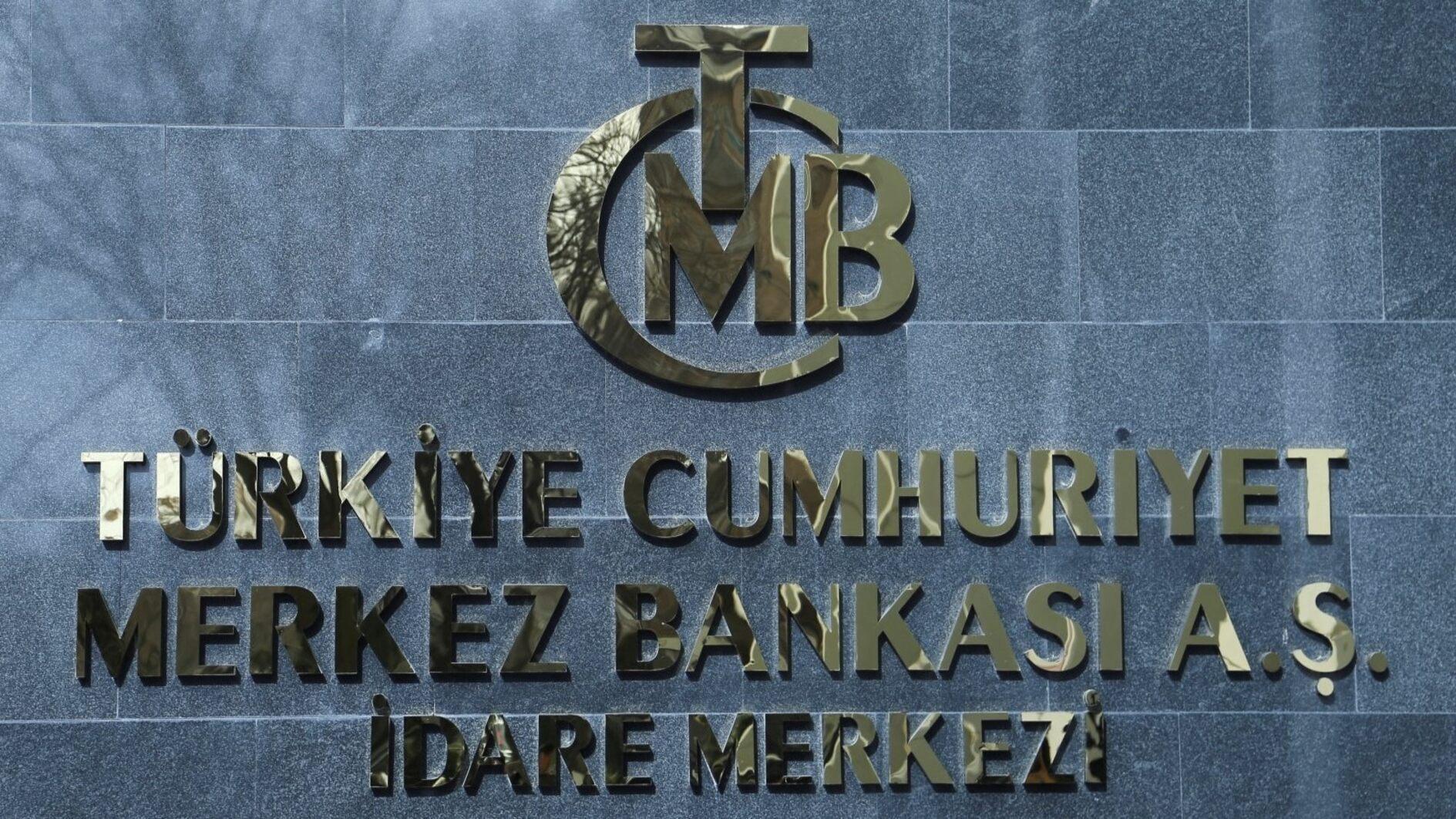A new political face for Greece?
The results of the Greek general elections of May 6 produced no clear winner and the negotiations among the parties that entered Parliament failed to produce a government coalition.
The expectations by Greece’s foreign creditors were different. The two main parties – and political opponents – that had governed the country for a temporary period under an appointed technocrat could not stitch up a new coalition with the aid of a third partner whose leftist rhetoric would act as a placating factor against public discontent. A weird electoral law which gives the first party a bonus of 50 seats out of a total of 300 contributed to the political impasse and misrepresentation of the public vote.
So following the inconclusive results of May 6, new elections were called. The socialist PASOK and the conservative New Democracy (ND) abandoned their temporary collaborative attitude and went back to the battlefield. So did the rest of old and new parties that took part in the battle. However, the May elections produced a new player which may now tilt the balance of Greek politics as we have known them until now. The leftist coalition of Syriza, under the young, fiery Alexis Tsipras, scored an unexpected number of votes, coming second to the conservatives. The steep rise of Syriza and its political rhetoric of putting the protection of suffering Greeks even ahead of commitments to Greece’s creditors and “necessary but painful reforms” have caused jitters among European circles. It has also shaken the rest of political establishment in Greece, which launched an all-out attack on this dynamic, albeit “blurred,” coalition of a wide range of leftist ideologues.
In his many interviews both for Greek and international media, Tsipras tried to explain that his only support base and source of political dynamism is the backing of his fellow impoverished citizens. But he also emphasized that what we are witnessing unraveling before our eyes is not just a “Greek tragedy;” it is a systemic eurozone problem where the dramatic heroes are all the Europeans who have already started to share the fate of Greeks.
“Greeks were selected as guinea pigs for the bombardment of this ‘neo-liberal shock,’” Tsipras said in an interview with the Guardian last week; and his economic advisers, academics and Marxist economists are claiming that if their party comes to power, they would be even willing to cancel the country’s 130 billion-euro bailout agreement with its foreign creditors.
This is going to be a crucial week for Tsipras. He is launching a tour around Europe where he will meet with prominent representatives of the “other Europe,” those who put growth incentives, measures against unemployment and a restructuring of the eurozone ahead of austerity measures and painful reforms. The timing of his party’s meteoric rise could not be better as a painful wedge in the heart of Greece’s inflexible political establishment. “Growth” is a term that is heard more and more from the mouths of European leaders, even half-heartedly from the German Chancellor Angela Merkel. But she heard it in Camp David last weekend from U.S. President Barack Obama and French President François Hollande, who both insisted with emphasis that “Greece must stay in the eurozone.”
So, with the international climate on his side, with a barrage of attacks by his political opponents at home but with a rising number of “suffering fellow Greeks” in his support, Tsipras is embarking on a tour that intends to secure enough support in Europe to justify his uncompromising political stance. At any rate, his prospects are good: Most post-election polls show that Syriza has increased its percentage and on some, he appears as the most popular politician to lead the next government.
However, three weeks is a long time, and if Syriza wants to become the new face of Greek politics, they will have to fine-tune their political rhetoric into concrete policies. Something new is certainly being born in Greece but the key players should make sure that it does not become stillborn.











